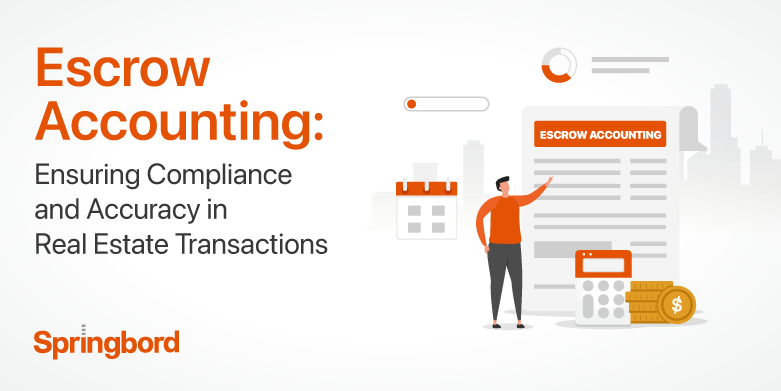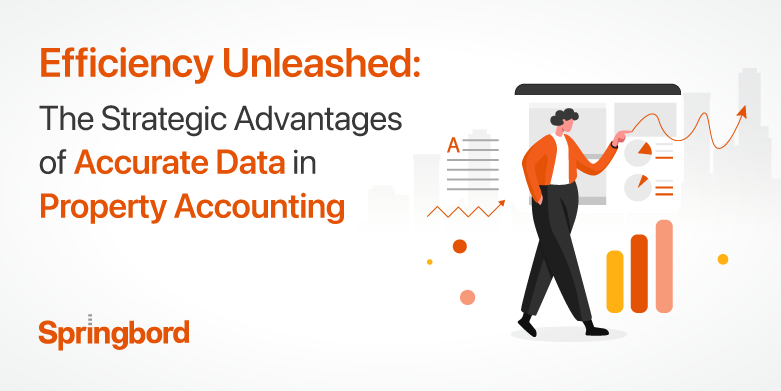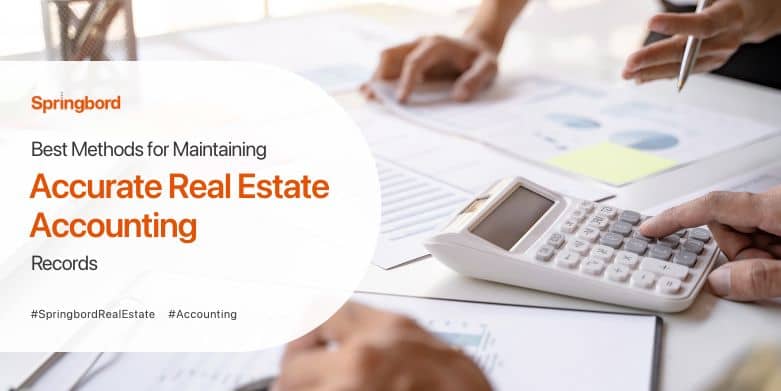M
E
N
U
End-of-year accounting is crucial for real estate portfolios due to the complexities and challenges inherent in property accounting. This practice encompasses tracking income and expenses, providing a clear overview of each property’s cash flow, and is vital for tax payments and audit preparations. Accounting for real estate is essential whether for small-scale property management or
Escrow accounting is vital in real estate transactions, providing a financial safeguard that ensures compliance and accuracy. This is crucial because the amount of money held in escrow can be quite substantial, typically ranging from 1-5% of the purchase price and potentially as much as 10% in cases involving new home constructions with builders. Managed
Introduction Accurate data is not only convenient but essential in the fast-paced fields of accounting and property management. The real estate sector, known for its dynamic nature, requires precise and timely information to navigate its complexities effectively. This blog delves into the critical importance of data accuracy in property accounting and how it empowers organizations
In the dynamic realm of real estate, where every property is a unique investment opportunity, keeping a meticulous account of your finances is not just a best practice—it’s a necessity. Efficient property accounting ensures that you stay on top of your game, make informed decisions, and maximize returns. In this comprehensive guide, we’ll walk you
The world of real estate is undeniably alluring, promising substantial profits and wealth creation. Yet, within this promising realm lies inherent volatility and intricate operations. To thrive in the dynamic real estate market, expansion and scalability become the cornerstones of profitability and wealth generation. Real estate players often find themselves overseeing vast portfolios of properties,
Tracking rental income emerges as a critical practice for property owners and managers alike in property accounting. Tracking rental income effectively ensures a clear and comprehensive financial landscape, promoting informed decision-making. Property stakeholders receive increased financial visibility, enhanced tax planning opportunities, and simpler operations by diligently monitoring income sources such as rent, late fees, and
Real estate transactions are complex operations involving purchasing, selling, or leasing properties. These transactions are critical in the real estate sector but can be challenging and complex to navigate. Property accounting accuracy and efficiency are essential in real estate transactions. Property accounting enables efficient financial management and facilitates transparency and compliance. This post will look
In today’s competitive business landscape, organizations face numerous challenges in managing their real estate lease accounting internally. From administrative burdens to regulatory compliance, these tasks can consume valuable time and resources that could be better spent on core competencies. However, there is a strategic solution that allows businesses to streamline operations, optimize costs, mitigate risks,
Managing accounting in the real estate property management industry can be a daunting task. From complex lease accounting to revenue recognition challenges, property managers face numerous accounting hurdles that can impact their financial management and overall business performance. In this article, we will explore the common accounting challenges faced by real estate property managers and
As a real estate company, keeping accurate accounting records is crucial to your success. Accurate financial statements provide insights into your business operations and help you make informed decisions about where to invest and grow. However, real estate accounting can be complicated, and without proper guidance, it’s easy to make mistakes that could lead to











